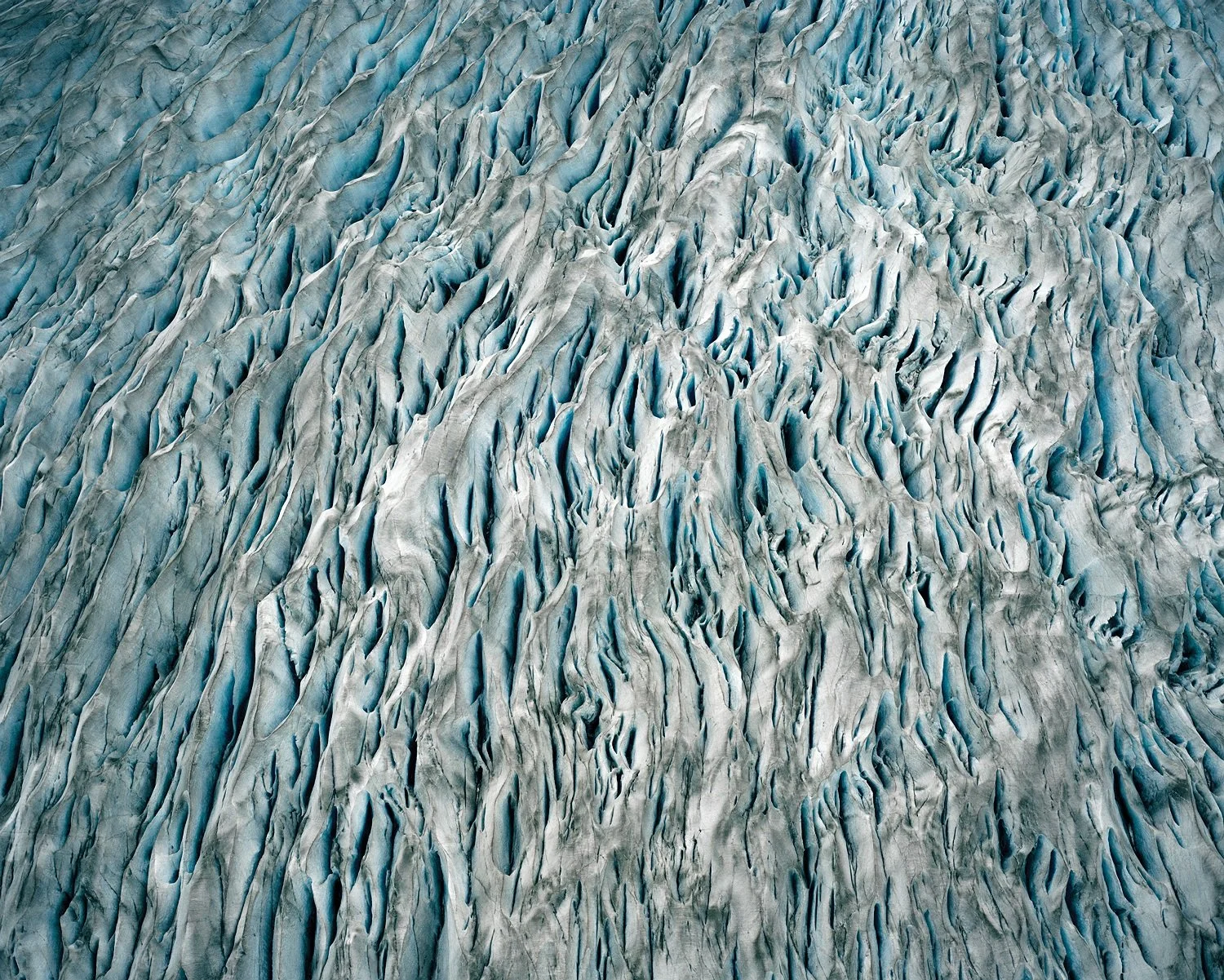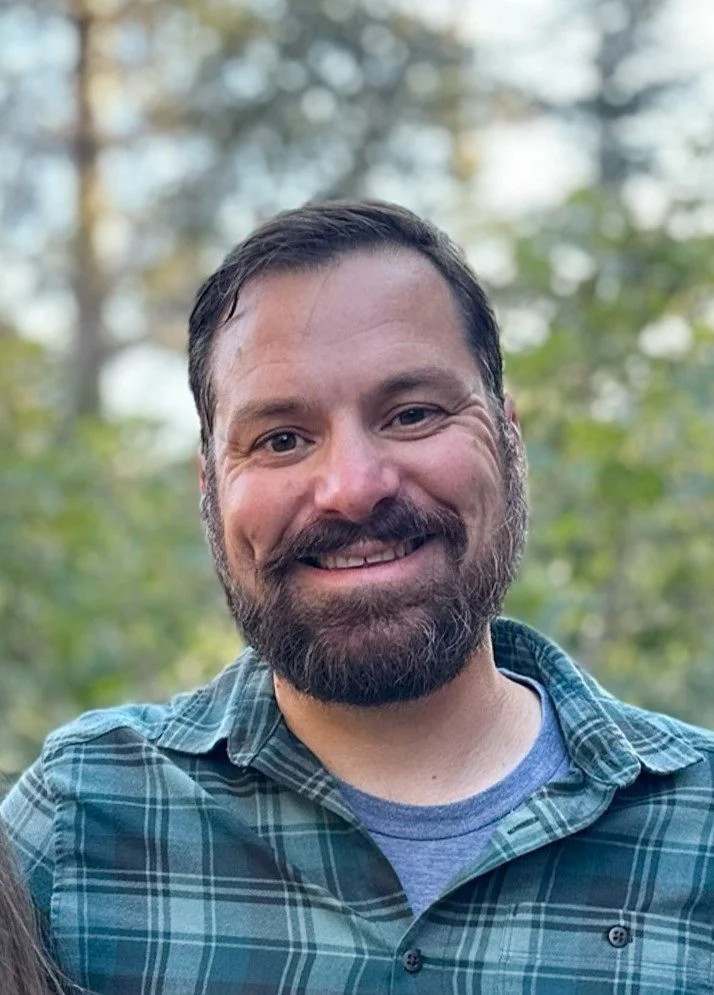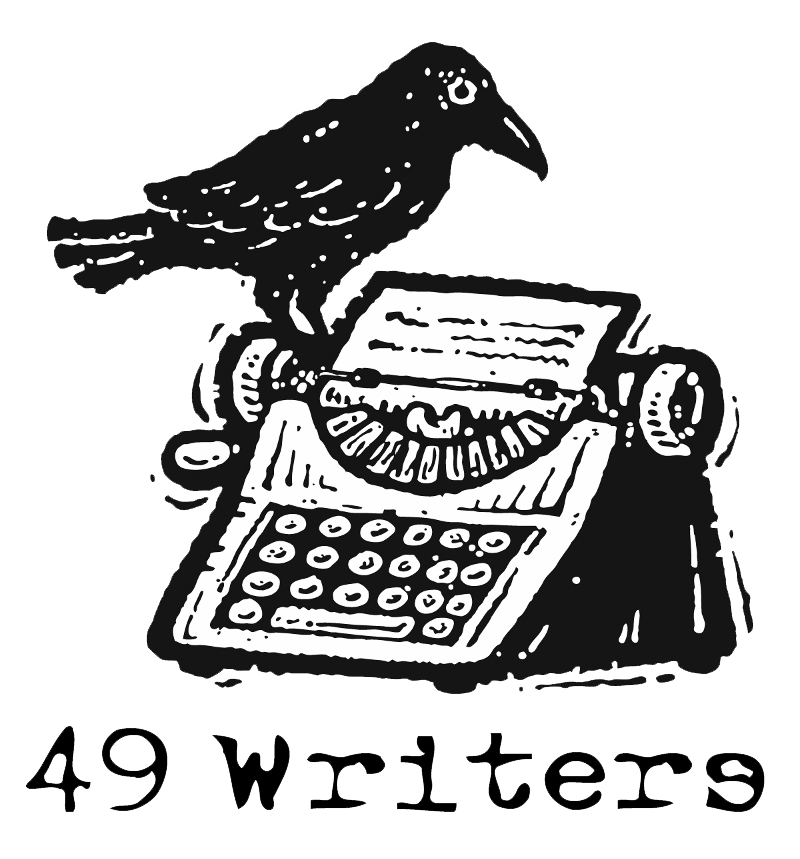
Bio
Jeremy Pataky is a poet, writer, and publisher. The author of Overwinter (University of Alaska Press, 2015), his poetry and essays have appeared in Colorado Review, Black Warrior Review, The Southeast Review, Cirque, Camas, Ice Floe, Chatter Marks, and many others. He’s contributed to Alaska Literary Field Guide: Art, Ecology, Poetry, and each trilogy volume of the water-based poetry anthologies edited by Yvonne Blomer and published by Caitlin Press, among others. Jeremy earned an MFA at the University of Montana and a BA at Western Washington University. He is founder and publisher of Porphyry Press, the most remote book publishing company in North America. He is a former executive director and was a founding board member of 49 Writers, a literary nonprofit in the 49th state. He lives off-grid in a home he built in the boreal forest near McCarthy, Alaska, at the center of Wrangell-St. Elias National Park.
Welcome.
MFA Creative Writing, Poetry, 2007 · University of Montana
BA English, Creative Writing Emphasis, 2001 · Western Washington University
Certificate in Nonprofit Management, 2009 · The Foraker Group
About the Writing
Jeremy Pataky writes through personal and shared senses of place in changing environments. He writes to reconcile varied understandings of wild nature in remote northern environments that host both the scientific pursuit of knowledge and the adaptive lifeways of Indigenous people. Invested in places that serve as actual, literal homes, as opposed to metaphors in distant imaginations, he writes from Alaska in a time when traditional indicators of wildness transmute to icons of a changing environment.
His first book of poetry, Overwinter, evaluates subjective experiences against sensory, aesthetic, and scientific forces brought to bear in the heavily glaciated and remote region. About a mile from the toe of the Kennicott Glacier and due north from the edge of the largest nonpolar icefield in North America, his cabin is located near the center of Wrangell-St. Elias National Park and Preserve in eastern Alaska. Part of a 24-million-acre World Heritage Site—the largest international protected area on the planet—the area is a magnet for glaciologists, artists, geologists, biologists, mountaineers, and more. He’s achieved a year-round lifestyle there after many years of splitting time between there and the distant city of Anchorage.
His current work in progress is a poetic inquiry into the lyric and scientific properties of glacier ice, permafrost, glaciated and deglaciated landscapes, and their shifting cultural significance in a time of political and environmental upheaval. Jeremy was a participant in the Bonanza Creek Long-Term Ecological Research (LTER)’s In a Time of Change (ITOC) program.
Projects
Porphyry Press is an award-winning literary book publishing company—the most remote one in North America—which I founded in 2020 after some lead-up. porphyry.press
Edible Alaska is a culinary magazine dedicated to Alaska’s local food movement. We advocate for a strong local food economy while exploring Alaska’s rich culinary and cultural landscape. We use the power of story to celebrate our state’s unique food traditions, new culinary trends, and the people who shape the local food scene. We celebrate local farmers and fishermen, food artisans and brewers, chefs and home cooks, foragers and wildcrafters, subsistence practitioners and food entrepreneurs. Published four times a year with gorgeous photography, insightful writing, and satisfying, achievable recipes, Edible Alaska is available by subscription and at partnering businesses throughout the state. ediblealaska.com
With a track record in nonprofit management and governance both, and a firm footing in the arts, I founded Overstory Consulting early in 2013. Specializing in project management, writing, and editing in the arts, I completed large and small jobs for private foundations, nonprofits, state and federal agencies, mission-driven for-profit businesses, and individuals for years. Clients included Anchorage Museum, Rasmuson Foundation, Alaska State Council on the Arts, Kwik'Pak Fisheries, Wild Alpine, and many more.
I spent ten busy years—2010 through 2020—heavily involved with 49 Writers, a literary nonprofit we founded in the 49th state to engage and expand a statewide community of Alaskan writers and readers. At first, I worked alongside Andromeda Romano-Lax and Deb Vanasse to found and begin to grow the organization as a board member. Even as each of them served and left the org, and the state, in those first few years, I remained on the board. For most of those six years I was also working as the ED of the Wrangell Mountains Center, while migrating between Anchorage and McCarthy. For most of those years, especially during the tenure of Linda Ketchum’s tremendous executive directorship, I would not have been able to imagine eventually leaving the board and shifting into the 49 Writers Executive Director role myself. During that decade we fostered a statewide-plus, vibrant community of diverse writers and readers coming together in Alaska (and beyond) through all kinds of programing built around core values of creativity, craft, and culture. We served thousands of people through creative writing workshops and classes, literary events and salons, multi-day retreats, the Active Voice podcast, our collaborative blog, house parties, multi-disciplinary performances, and so much more. We also partnered with Rasmuson Foundation to hire writers to, well, write… both journalistically and at times lyrically… about the work of diverse interdisciplinary artists who were recipients of the foundation’s prestigious Individual Artist Awards.





